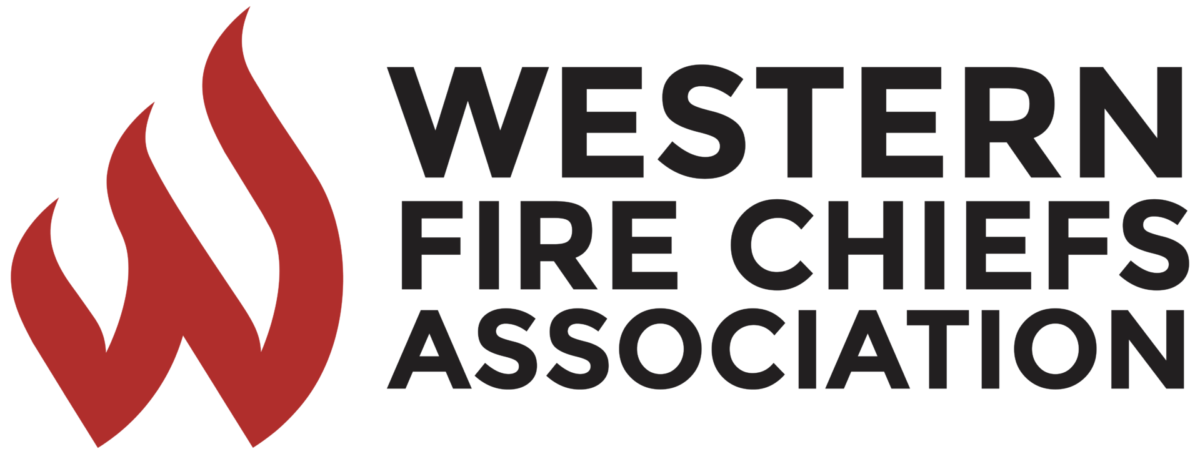Responsibility for Wildfire Damage Costs
Fighting wildfires is expensive, as firefighters work around the clock to contain huge blazes, but it is not always clear who should pay for these services. Parents of two children who caused a wildfire near San Deigo, California, during a family camping trip in 2020 have been ordered to pay over half a million dollars in damages, according to an article shared by the Daily Dispatch. Another article shared by the Daily Dispatch describes the role PacifiCorp, a power utility company, played in the Labor Day wildfires that ravaged parts of Oregon in 2020, which resulted in tens of millions of dollars in damages. Chiefs Bob Horton and Jeff Buchanan speak with Fire Headlines host Inanna Hencke about liability and accountability when it comes to wildfires.
Hear thoughts on where the responsibility for wildfire damage costs lies in the latest episode of Fire Headlines by the Western Fire Chiefs Association (WFCA).
Fighting wildfires is expensive, as firefighters work around the clock to contain huge blazes, but it is not always clear who should pay for these services. Parents of two children who caused a wildfire near San Deigo, California, during a family camping trip in 2020 have been ordered to pay over half a million dollars in damages, according to an article shared by the Daily Dispatch. Another article shared by the Daily Dispatch describes the role PacifiCorp, a power utility company, played in the Labor Day wildfires that ravaged parts of Oregon in 2020, which resulted in tens of millions of dollars in damages. Chiefs Bob Horton and Jeff Buchanan speak with Fire Headlines host Inanna Hencke about liability and accountability when it comes to wildfires.
The Skyline 3 Fire Near San Diego, California
In June of 2020, the Skyline Three Fire burned 100 acres near San Diego over the course of three days. The fire was started by two young children who were playing with a campfire.
The state now wants the parents to pay over $675,000 for the cost of fighting the fire and the damages that it caused. The lawsuit alleges that one or more of the kids started another fire three days prior with burning sticks from the family’s campfire. Bob begins this discussion on accountability by stating, “About 70% of wildfires, give or take, are human-caused fires versus 30% are nature caused by lightning strikes, for example…but 70% of the wildfires were seen are human-caused. Somebody is directly responsible for contributing to the start of the fire.” Jeff brings a different perspective, wondering how a $675,000 fine might impact this family, both mentally and financially in the future.
Fire Safety Education
Inanna asks our Fire Chief panel what recommendations they have for parents to talk to their children about fire safety and what can be done to reduce this risk. Jeff advises having regular communication with kids on the topic, whether that is during a barbecue or camping trip, and explaining the safety measures that need to be taken. He also encourages fire departments to have a community risk reduction approach, explaining, “That means everybody pushing out messaging of education and consequences to irresponsibility and not paying attention to the dangers of fire.”
Bob brings up a youth fire setters education program, which is endorsed by the US Fire Administration and the National Fire Protection Association. Children who display specific behaviors are at high risk of contributing to a large fire event sometime in the future. This program works to educate children to prevent this outcome.
PacifiCorp’s Role in 2020 Labor Day Wildfires
Oregon’s second largest electrical utility, PacifiCorp, was found to have played a significant role in the Labor Day wildfires that ravaged parts of Oregon. In 2020, the utility caused a substantial amount of damage related to the fires in the Santiam Canyon, as well as Southern Oregon and the Oregon coast. The utility’s decision to leave power lines energized directly led to these destructive fires.
Throughout the case, the plaintiff’s lawyers said that leaders at PacifiCorp should have known from weather reports and warnings that a major windstorm and extremely dry conditions had the potential to start an uncontrollable wildfire. Bob shares his own experience as a fire chief during one of these fires, saying, “There was high heat and high wind; so, high risk that these power lines could contribute to some type of an issue. Today, that risk tolerance, that threshold, is now lowered to a space where the utility company will shut power off to those power lines.”
Bob states the message policymakers seek to send to utility companies is, “You have to do better at preventing these fire starts from happening.” He discusses three possible ways to mitigate these risks. PacifiCorp plans to appeal the ruling, but the trickle-down effects of the over-$73 million dollar fine may negatively impact individual households in the electrical utility’s service area. Utilities can raise customer rates to recover costs from “unexpected, extraordinary events,” and may raise rates to offset costs of wildfire mitigation practices taken in the future. Jeff poses the idea of utility companies being transparent with their communities about investments, policies, and procedures.
You can email Fire Headlines at [email protected].
Sign up for the Daily Dispatch to get the FREE daily newsletter of articles like these in your area, as well as industry developments and trends, at www.dailydispatch.com.
Sources
- U.S. Fire Administration/FEMA, “Youth Firesetting” Accessed June 29, 2023.



